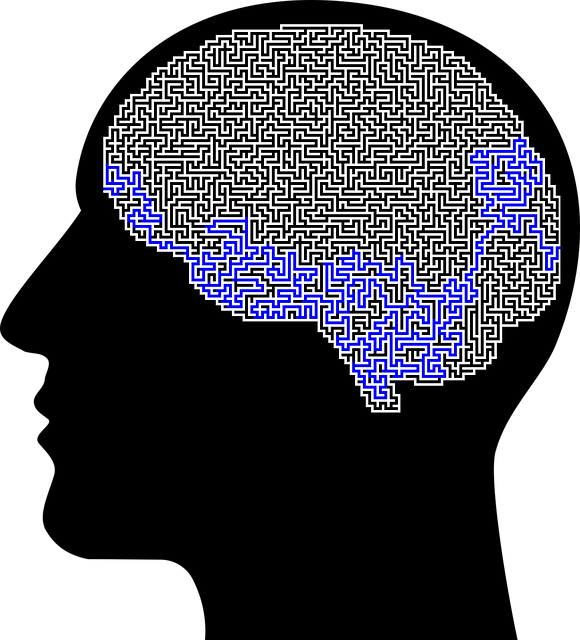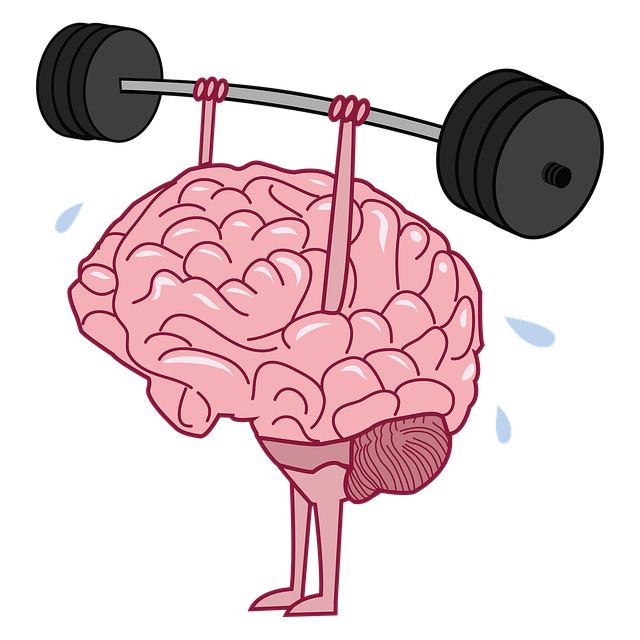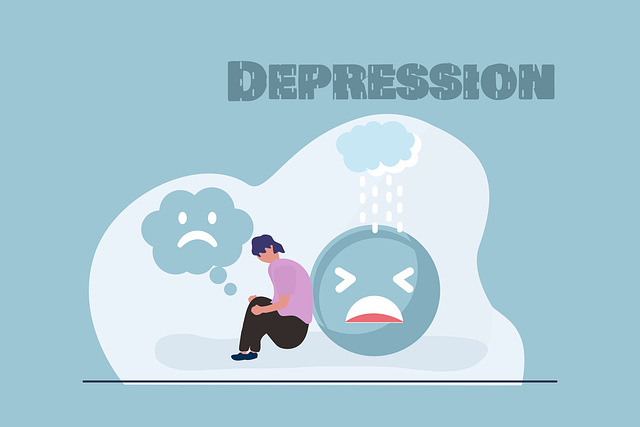Colorado Springs Stress Management Therapy provides a holistic crisis intervention approach, empowering individuals with long-term mental health stability. By integrating mindfulness, mood management, and tailored Mental Health Education Programs, this therapy equips clients with coping strategies to navigate stress, anxiety, and trauma. The evidence-based practices focus on resilience-building, cognitive restructuring, and self-care routines, ensuring diverse individuals receive tailored support for their unique needs.
In times of crisis, effective intervention strategies can make a profound difference. This article explores powerful tools to navigate intense situations, drawing from the Colorado Springs Stress Management Approach. We delve into practical techniques for therapists, focusing on immediate support and long-term resilience building. By understanding crisis intervention, professionals can guide individuals toward recovery and improved well-being, with an emphasis on evidence-based practices inspired by this unique therapeutic framework. Discover how Colorado Springs Stress Management Therapy offers a comprehensive path to navigate and overcome crises.
- Understanding Crisis Intervention: A Colorado Springs Stress Management Approach
- Practical Strategies for Effective Crisis Intervention Therapy
- The Role of Therapy in Building Resilience and Long-term Well-being
Understanding Crisis Intervention: A Colorado Springs Stress Management Approach

In the heart of Colorado Springs, a city known for its natural beauty and resilience, the Stress Management Therapy approach has emerged as a beacon of hope for those navigating crises. This unique method recognizes that crisis intervention is not just about immediate relief but also fostering long-term mental health stability. By integrating practices like mindfulness meditation and mood management techniques, this therapy empowers individuals to develop coping strategies tailored to their specific needs.
The Colorado Springs Stress Management Therapy goes beyond traditional interventions by incorporating Mental Health Education Programs Design. These programs educate individuals on the science behind stress and its impact on the mind and body, enabling them to proactively manage their mental health. Through a holistic approach that combines therapy, meditation, and education, this strategy ensures folks in Colorado Springs have the tools they need to face—and overcome—life’s most challenging moments.
Practical Strategies for Effective Crisis Intervention Therapy

In the face of crises, effective crisis intervention therapy is paramount to helping individuals navigate turbulent times. Practical strategies for this approach include Colorado Springs stress management therapy, which focuses on equipping clients with coping mechanisms and resilience-building techniques. Techniques such as mindfulness, cognitive restructuring, and problem-solving skills are invaluable tools that enable individuals to manage acute stressors and develop long-term mental health coping strategies.
The design of mental health education programs plays a crucial role in crisis intervention therapy’s success. Incorporating evidence-based practices like conflict resolution techniques allows individuals to resolve interpersonal issues constructively. Moreover, integrating cultural sensitivity in mental healthcare practice ensures that interventions are tailored to the unique backgrounds and needs of diverse clients, fostering inclusive and effective support.
The Role of Therapy in Building Resilience and Long-term Well-being

Therapy plays a pivotal role in crisis intervention by providing individuals with the tools and strategies necessary to build resilience and foster long-term well-being, particularly in stressful situations like those that often arise in Colorado Springs Stress Management Therapy settings. Through evidence-based practices, therapists help clients develop effective coping mechanisms, enhance their problem-solving skills, and cultivate a deeper understanding of themselves and their responses to crisis. This process involves exploring the root causes of stress, anxiety, or trauma, and teaching Mind Over Matter principles that empower individuals to navigate challenging situations with greater ease.
By integrating therapy into crisis intervention, individuals not only gain immediate relief but also learn sustainable practices for self-care routine development, which is crucial for maintaining mental health. Stress Management Workshops Organization techniques taught during therapy sessions equip clients with the knowledge and skills to recognize early warning signs of distress, promoting proactive measures rather than reactive responses. Ultimately, this holistic approach ensures that individuals not only recover from acute crises but also build lasting resilience, enabling them to thrive even in challenging circumstances.
Crisis intervention strategies, as exemplified by the Colorado Springs Stress Management Approach, play a pivotal role in helping individuals navigate and recover from traumatic or stressful events. By combining practical techniques with therapeutic support, these strategies foster resilience and promote long-term well-being. Integrating effective crisis intervention into mental health care can make a substantial difference in people’s lives, ensuring they have the tools to manage future challenges. Colorado Springs Stress Management Therapy serves as a powerful model, offering guidance that professionals can adapt to diverse settings, ultimately enhancing community resilience.














